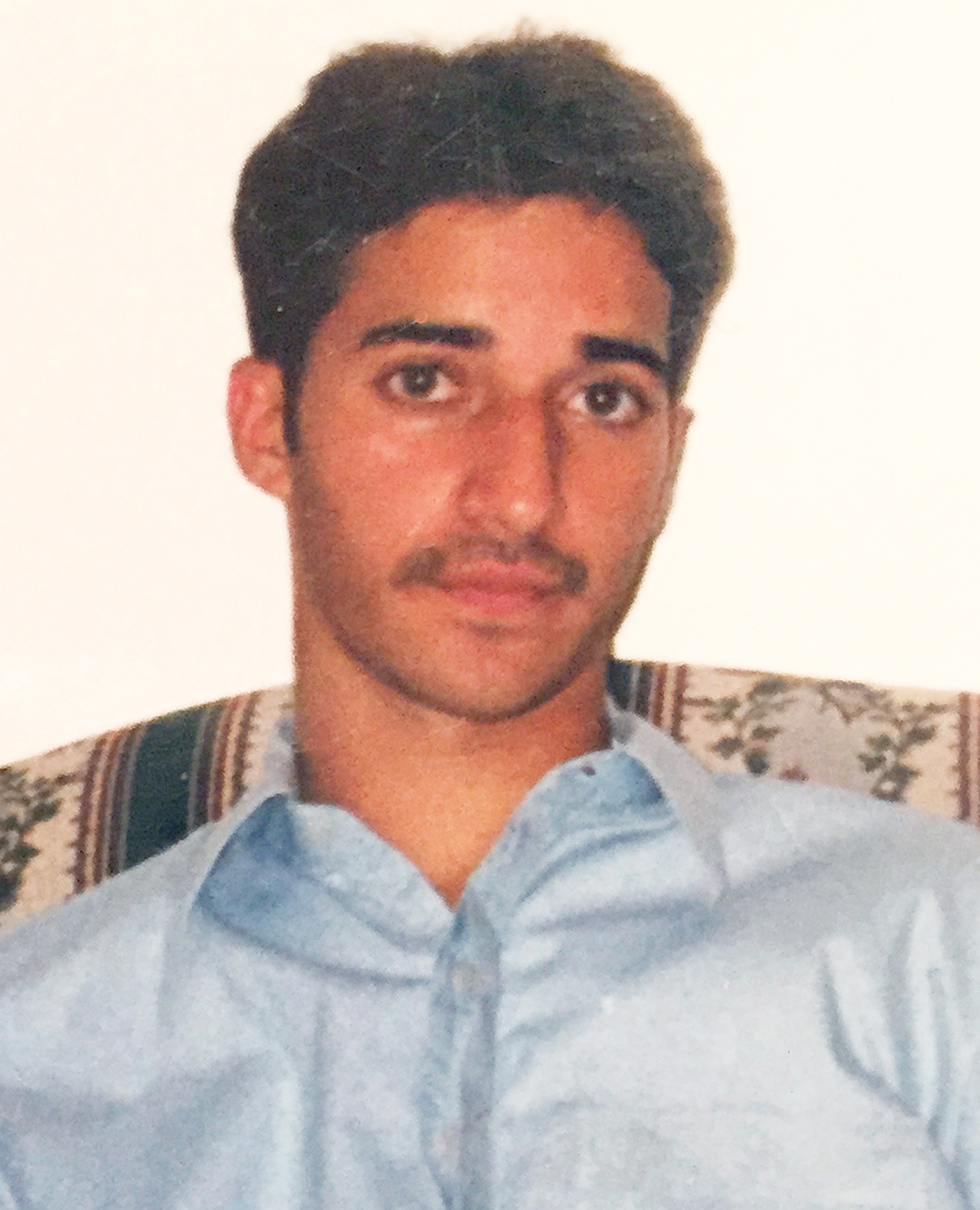
By: Kaitlyn Burns, Staff Writer
With the rise of television news broadcasts, internet news sites and social networking services that allow quick and easy access to trending stories, public radio seemed to become an all but an obsolete vehicle for spreading news and supplying entertainment to the American public. However, for Adnan Syed, this “dying medium” may have just changed his life forever.
In October 2014, Chicago public radio network WBEZ and the creators of the radio show “The American Life” launched a multi-episode podcast “Serial”. This series chronicled the 1999 murder of Woodlawn High School (Baltimore, MD.) student Hae Min Lee and subsequent trial and conviction of Lee’s ex-boyfriend and classmate Adnan Syed, the Baltimore police’s prime suspect in the investigation[1]. While the creators of this podcast expected moderate success, no one predicted that “Serial” would garner a massive global audience.
Just one month after the original episode aired, the Global Times reported that “Serial” had “been downloaded more than 5 million times from Apple’s iTunes store” and reached the iTunes Top 10 hit download chart in the United States, Germany, South Korea, Canada, India, Australia, and Great Britain[2]. The instant popularity this podcast received, consequently, appears to have had a positive effect on the status of Adnan Syed’s conviction appeal at the Maryland Court of Special Appeals granted Syed’s request to re-open his appeal on February 6, 2015[3].
Prior to the podcast, Syed already served 15 years in a Western Maryland state prison after a jury found Syed guilty of first-degree murder, kidnapping, false imprisonment, and robbery in 2000 for his suspected role in Lee’s murder[4]. In 2003, Syed appealed his conviction to the Maryland Court of Appeals; however, the court denied his request[5]. Syed then tried to get out of serving his full sentence by filing for “post-conviction relief” alleging that his trial lawyer, Cristina Gutierrez, violated his 6th Amendment right to effective assistance of counsel[6]. Again, the Circuit Court of Baltimore County rejected this request in January 2014[7].
Despite this recent rejection, the Maryland Court of Special Appeals agreed to hear oral arguments in June[8]. However, based on case law precedent, Syed’s chances of overturning his conviction are slim. Syed’s new attorney, C. Just Brown, argues theory that Gutierrez provided ineffective counsel by failing to call Syed’s alibi witness, Asia McClain, to testify at his trial[9]. Alternatively, Brown will advance the theory that Gutierrez violated Syed’s 6th Amendment right to effective counsel when she failed to negotiate a possible guilty plea deal for Syed before trial[10].
Both claims for relief represent specific allegations of attorney error; an element that is necessary to bring a violation of a 6th Amendment right to effective assistance counsel[11].
Nevertheless, on the first claim, according to the Maryland Court of Appeals decision in State v. Borchardt, Brown will still have to prove that Gutierrez’s failure to call McClain to the stand rendered Syed’s counsel ineffective and this decision was not part of her defense strategy[12]. This claim may be difficult to support because Gutierrez died in 2004 and will not be able to provide a statement claiming that failing to call McClain to testify did not further her defense strategy. Also, in accordance with the US Supreme Court’s ruling in Lockhart v. Fretwell, Brown will have to prove that Gutierrez’s alleged errors were so egregious as to make the trial outcome unfair and unreliable. The error must not be one that could have produced a different outcome[13].
While there is no physical evidence linking Syed to Lee’s murder, failure to obtain the Syed’s alibi witness testimony the court will likely find that this error may not be enough to overshadow the testimony of the man who claimed to have helped Syed bury Lee’s body in Leakin Park after the murder occurred. In regards to the failure to negotiate a plea bargain on behalf of Syed, the Maryland Court of Special Appeals will likely agree with the Maryland Attorney General’s argument that a plea bargain only commence when a defendant waives his claim of innocence. To this day, Syed contends that he is innocent and has been unjustly convicted of a murder he did not commit.
While this appeal presents an uphill battle for Syed, it is hard to deny that his request for post-conviction relief would have probably been denied if his case had not been shared with millions of people worldwide. Even if Syed does lose, at least he will have sufficient means to pay his legal fees with the help of donations from “Serial” fans reaching upwards $82,000[14].
[1] Scott Newman, Adnan Syed, Subject of ‘Serial’ Podcast, Granted Appeal, (Feb. 7, 2015), http://www.npr.org/blogs/thetwo-way/2015/02/07/384533562/adnan-syed-subject-of-serial-podcast-granted-appeal.
[2] ‘Serial’ Killing in Podcast Ratings, Global Times, Nov. 19, 2014, at Miscellaneous.
[3] Justin George, Court Reopens Appeal of Adnan Syed, Subject of “Serial” Podcast, The Baltimore Sun, Feb. 7, 2015.
[4] Ibid.
[5] Ibid.
[6] Ibid.
[7] Ibid.
[8] Ibid.
[9] Ibid.
[10] Ibid.
[11] United States v. Chronic, 466 U.S. 648, 658 (1984).
[12] State v. Borchardt, 396 Md. 586, 604 (Md. 2007).
[13] Lockhart v. Fretwell, 506 U.S. 364, 364-365 (1993). This case defined the Strickland test on whether an error committed by a trial attorney rendered his or her client ineffective assistance of counsel.
[14] Justin George, Court Reopens Appeal of Adnan Syed, Subject of “Serial” Podcast, The Baltimore Sun, Feb. 7, 2015.